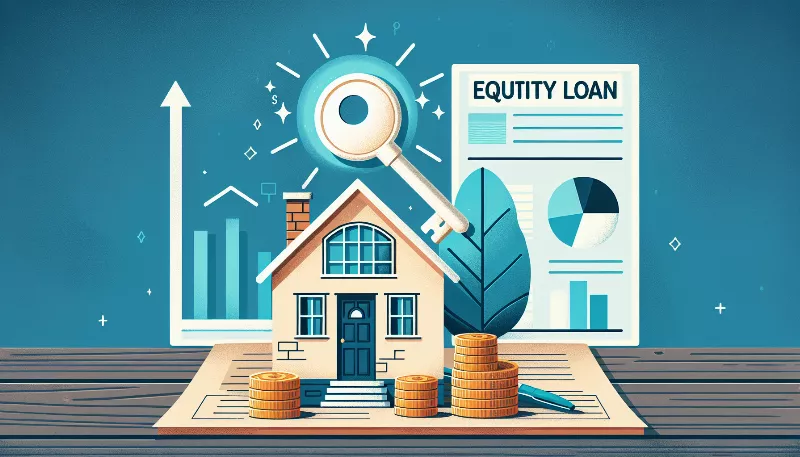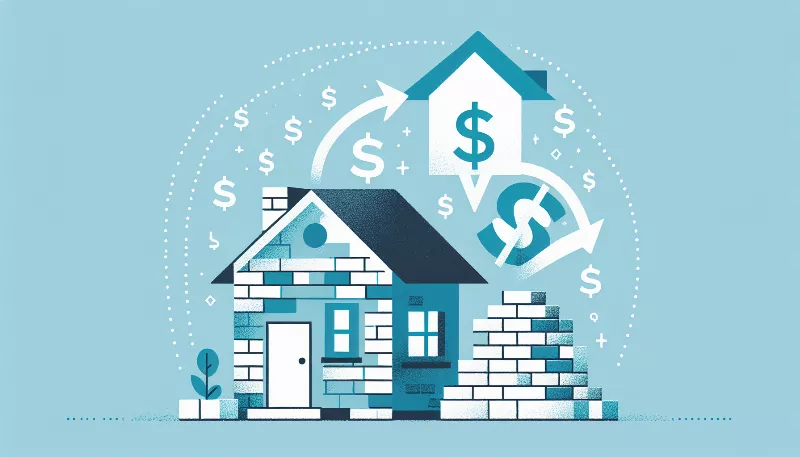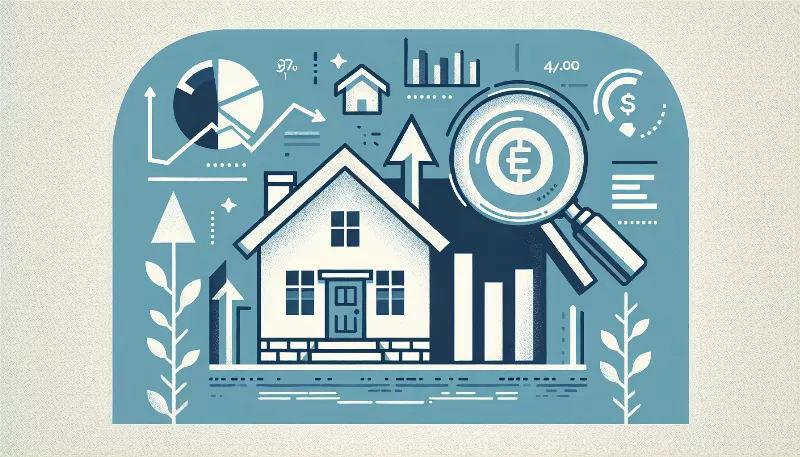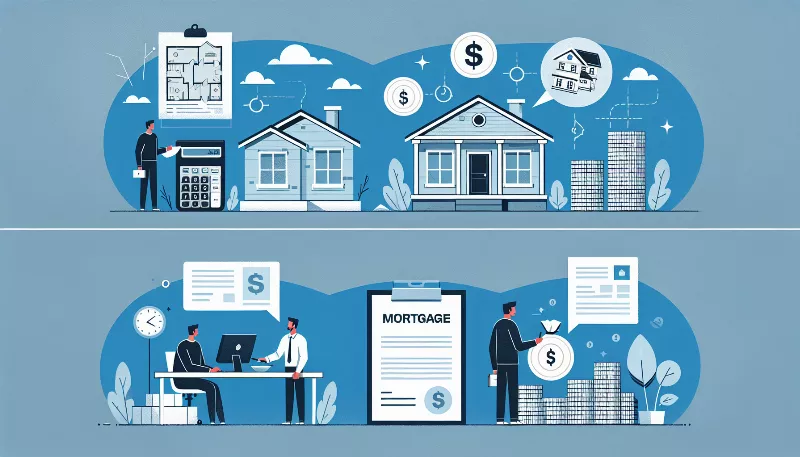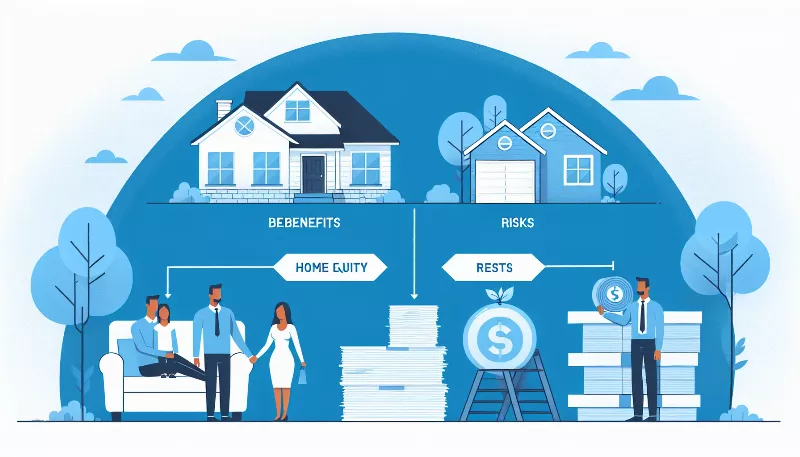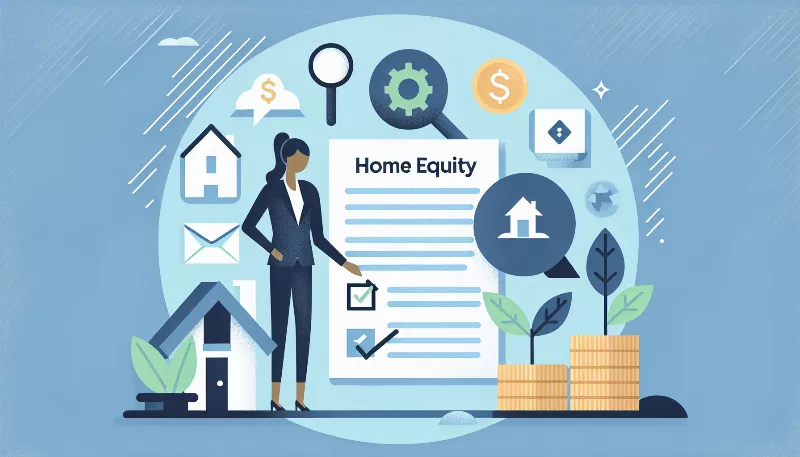Tap into Your Home's Value: Key Requirements for Securing a Home Equity Loan
Unlock your home's equity potential! Learn the essential criteria for a home equity loan and how to leverage your property's value wisely.

Unlock the Financial Potential of Your Home
Are you looking to renovate your home, consolidate debt, or finance a major purchase? A home equity loan might be the golden key to unlocking your financial goals. By leveraging the value you've built up in your home, you can access a lump sum of cash at competitive interest rates. But before you dive in, it's crucial to understand the requirements that will pave the way to approval.
Equity: The Foundation of Your Loan
The cornerstone of a home equity loan is, unsurprisingly, equity. Equity is the difference between the current market value of your property and the amount you owe on your mortgage. Lenders typically require that you have at least 15-20% equity in your home to qualify. The more equity you have, the larger the loan you could potentially secure, and the more financial flexibility you'll enjoy.
Credit Score: Your Financial Report Card
Your credit score is a critical factor in the home equity loan process. It's a numerical representation of your creditworthiness and signals to lenders how reliably you've managed past debts. Most lenders look for a credit score of 620 or higher, but for the best interest rates, aim for a score above 700. If your credit score is on the lower side, don't despair. There are steps you can take to improve it, such as paying down existing debt and ensuring timely bill payments.
Debt-to-Income Ratio: Balancing Your Financial Obligations
Lenders will scrutinize your debt-to-income (DTI) ratio, which measures how much of your monthly income goes towards paying debts. A DTI ratio of 43% or lower is typically preferred, as it indicates that you have enough disposable income to handle additional loan payments. If your DTI ratio is higher, you may need to reduce your debt or increase your income to meet this requirement.
Proof of Income: Demonstrating Your Earning Power
Stable and sufficient income is essential to assure lenders that you can repay the loan. You'll need to provide proof of income through documents like pay stubs, tax returns, and W-2 forms. For self-employed individuals, this process can be more complex, requiring additional paperwork such as profit and loss statements.
Appraisal: Valuing Your Home
An appraisal is a professional assessment of your home's value and is a non-negotiable part of securing a home equity loan. Lenders require an appraisal to determine the exact amount of equity available for borrowing. Be prepared for this step, as it involves both time and money, but it's a vital component in ensuring a fair loan agreement.
Interest Rates: Understanding the Cost of Borrowing
Interest rates on home equity loans are generally lower than those on credit cards or personal loans, making them an attractive option for many homeowners. However, rates can vary based on factors like credit score, loan amount, and loan term. It's important to shop around and compare offers from multiple lenders to ensure you get the best deal possible.
Final Thoughts: Is a Home Equity Loan Right for You?
Securing a home equity loan can be a smart financial move if you meet the key requirements and use the funds responsibly. Whether you're aiming to improve your home, pay off high-interest debt, or cover college tuition, tapping into your home's value can provide the resources you need. Just remember to consider the full picture, including the potential risks of using your home as collateral. With careful planning and a clear understanding of the loan process, you can make an informed decision that enhances your financial well-being.
